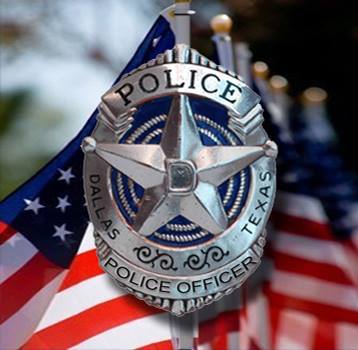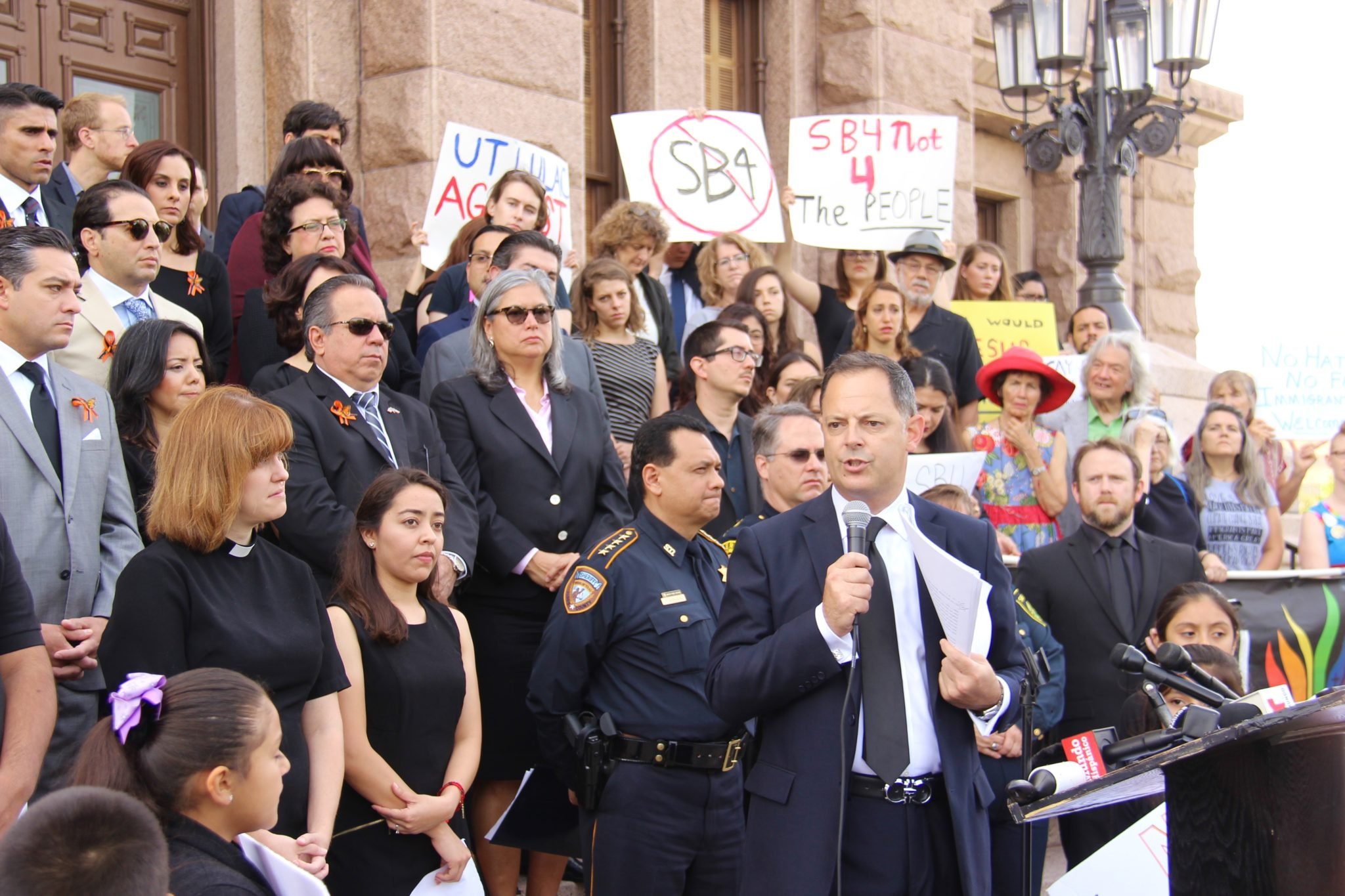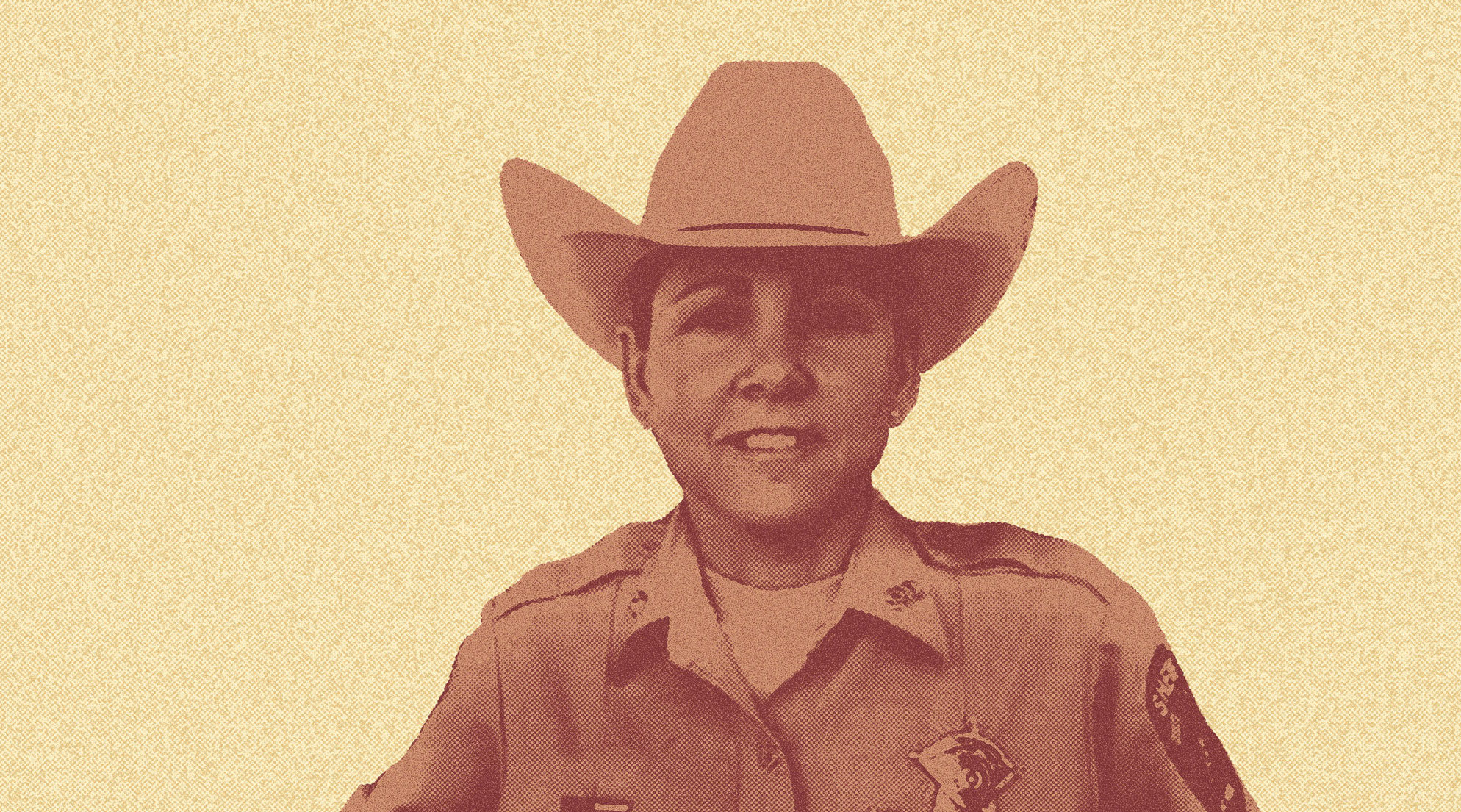
Cops in Austin, Dallas, Galveston and Hearne Punished for Brutality This Week
Recent stories from diverse parts of Texas suggest that increased awareness, public pressure and new technology are creating more accountability for law enforcement officers who use excessive force.
On Saturday, the City Council of the small central Texas town of Hearne voted unanimously to fire a police officer who shot and killed a 93-year-old woman in her home. Her nephew had called police after the woman threatened him with a revolver, angry that he wouldn’t turn over her car keys. The officer’s firing is especially remarkable because the woman’s nephew says she shot twice before being killed. Councilmembers may have been swayed by national media attention and local outrage, but also by the officer’s history. In just two years on the force, Stephen Stem, who is white, killed two black citizens in the city of about 5,000. The first shooting took place a few months after Stem became an officer. That time, a grand jury cleared Stem and he returned to work.
On Monday, a federal jury found that four Galveston police officers used excessive force when they beat and pepper-sprayed members of a wedding party at a bar in 2008. The jury awarded the dozen plaintiffs almost $49,000 in damages. The brawl started when an off-duty officer working as a security guard tried to arrest a 19-year-old, Cole O’Balle, for underage drinking. O’Balle allegedly struck the officer, who called for backup, and about 30 officers—nearly every on-duty officer on the island—responded. They beat O’Balle so badly he had to be flown to the hospital by helicopter. Nine officers involved were temporarily suspended and four received written reprimands. The jury did not, however, find consensus on the $13 million claim by former Astros pitcher Brandon Backe, another attendee who says the injuries police gave him that day ended his career.
Also on Monday, an Austin grand jury indicted Detective Charles Kleinert on a charge of manslaughter for shooting an unarmed man in the back of the neck in July. Kleinert was investigating a robbery at a bank when Larry Eugene Jackson Jr. tried to use a fake name and ID to get service there. The bank manager reported this to Kleinart, who tried to question Jackson and pursued when the man fled. Kleinart flagged down a passing motorist to use his car and chased Jackson under a bridge where he says he shot Jackson accidentally. Kleinart, who’d been an officer for almost 20 years, retired in October before an internal affairs inquiry was complete, and the Austin Police Department decided not to complete its investigation. With no official negative findings against Kleinart, the file on the killing was sealed. (For more on the secrecy of internal affairs investigations, read the Observer feature “Crimes Unpunished” here.) If convicted of the second-degree felony, Kleinart could face up to 20 years in prison. It’s the first time a grand jury has indicted an Austin officer for an on-duty shooting in more than a decade.
Finally, in Dallas on Wednesday the City Council approved a $105,000 settlement in a lawsuit claiming excessive force during a home search in 2010. Danny Cantu alleges officers threw a flash-bang grenade into his house, entered without warning, zip-tied his hands and then beat him until he lost consciousness. Officers say they were executing a no-knock search warrant because they believed Cantu was trafficking cocaine for a Mexican drug cartel. They found 0.1 grams of cocaine and a sawed-off shotgun, but Cantu was never charged with a crime in connection with the search warrant. The Dallas Morning News reports that verdicts or settlements in lawsuits against the Dallas Police Department have cost the city about $6 million since 2011. There have been 10 six-figure awards in that time. For contrast, between 2006 and 2010 there were six awards of that size totaling just $1 million.
Video played a key role in several of the recent cases. “The frequency with which we now have videotapes has certainly leveled the playing field,” Don Tittle, a lawyer for one of the plaintiffs, told the Dallas Morning News. “Now, in all those scenarios where we had an individual’s word against an officer—which was always a loser for the individual—if there is videotape, it doesn’t lie, and it has changed things.”


